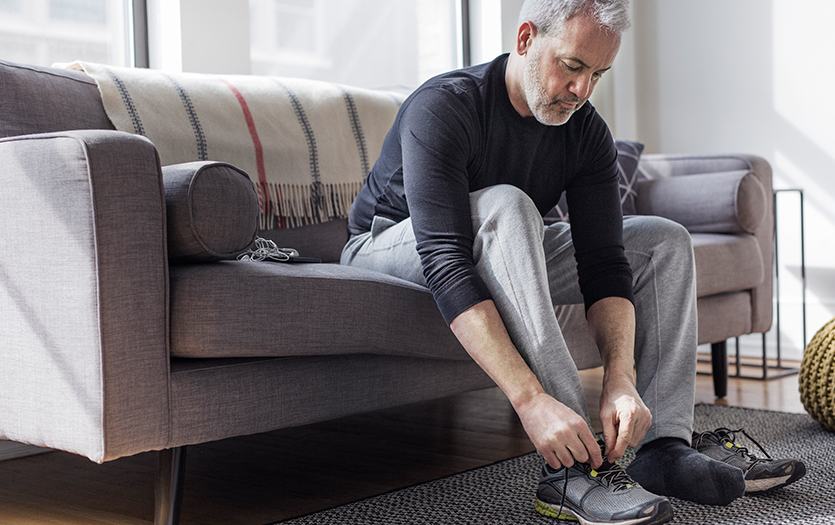Hair loss is a distressing problem for many women, and is often linked to stress, nutritional issues, hormonal changes and thyroid issues. But another common cause that’s often overlooked is highly treatable, iron deficiency.
How common is iron deficiency?
Iron deficiency can cause hair loss, and can occur in all age groups. In fact, about 10 percent of women in perimenopause, 6 percent of postmenopausal women and up to 75 percent of teens don’t get enough iron in their diet.
Other side effects of iron deficiency
Iron deficiency can cause anemia, or a low hemoglobin level, but also symptoms such as fatigue, palpitations, fast heart rate, exercise intolerance, muscle cramps, restless legs, nail ridges, concentration problems, attention deficits and pica, which is the unusual craving for foods like ice or lettuce.
Screening
It has been commonly thought that a complete blood count (CBC) tests for iron deficiency, however, measuring the iron stores of the body with a ferritin level is a more accurate test. Ferritin levels under 50 may slow hair growth and levels under 30 may cause difficulty in maintaining the current hair follicles.
Treatment, two ways
It is important that you are being monitored by your doctor and are truly deficient before you begin a supplement. Too much of the mineral can cause iron to deposit in your organs and tissues, leading to damage. To prevent iron deficiency, it is best to eat foods that are high in iron. Below is a partial list of beneficial foods:
- Fruits and vegetables, such as dandelion greens, spinach, arugula, kale, mustard greens, Swiss chard, raisins, peaches, figs and prunes
- Red meat, liver, chicken and turkey
- Beans and lentils
- Fish, including tuna, halibut and shellfish
- Whole grains and brown rice
- Soybean flour
- Blackstrap molasses
- Enriched cereals
Hair loss caused by iron deficiency usually improves with normalizing the iron levels. If you think you might be deficient, check with your doctor.




